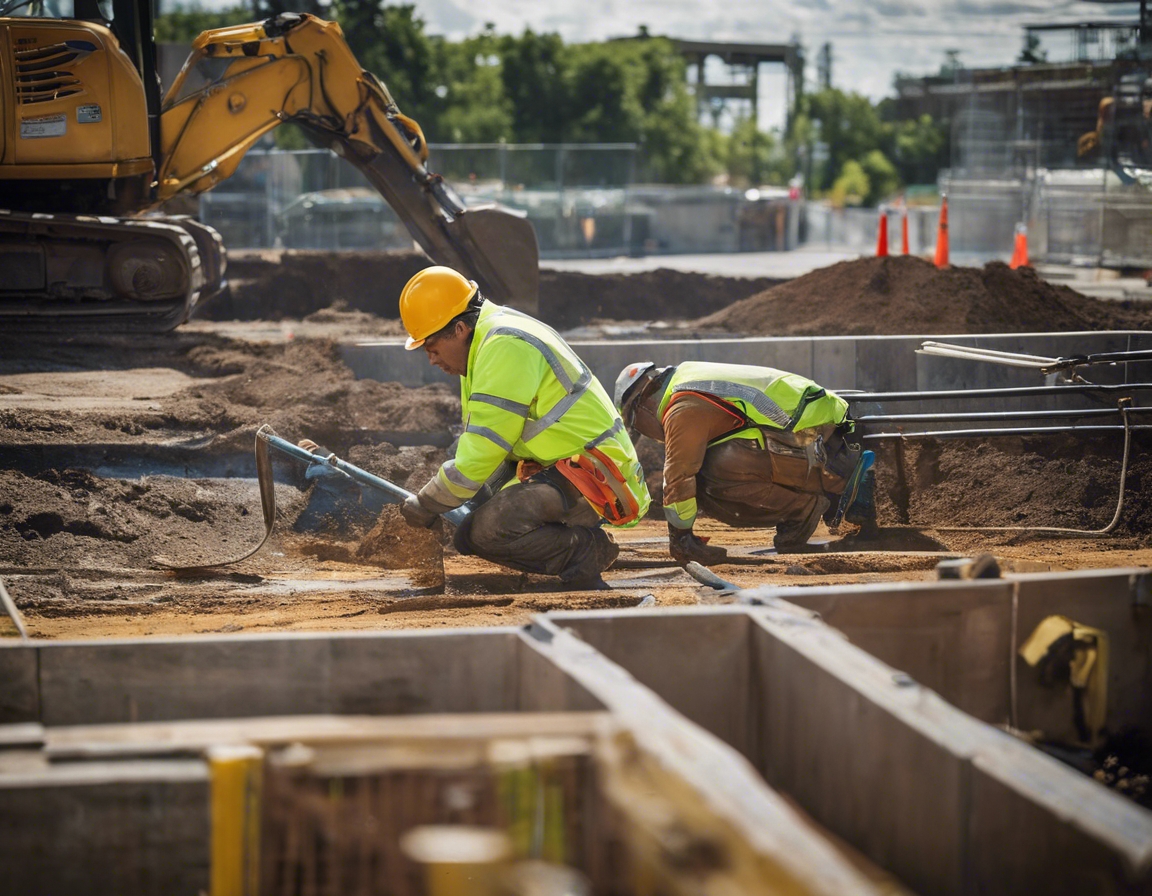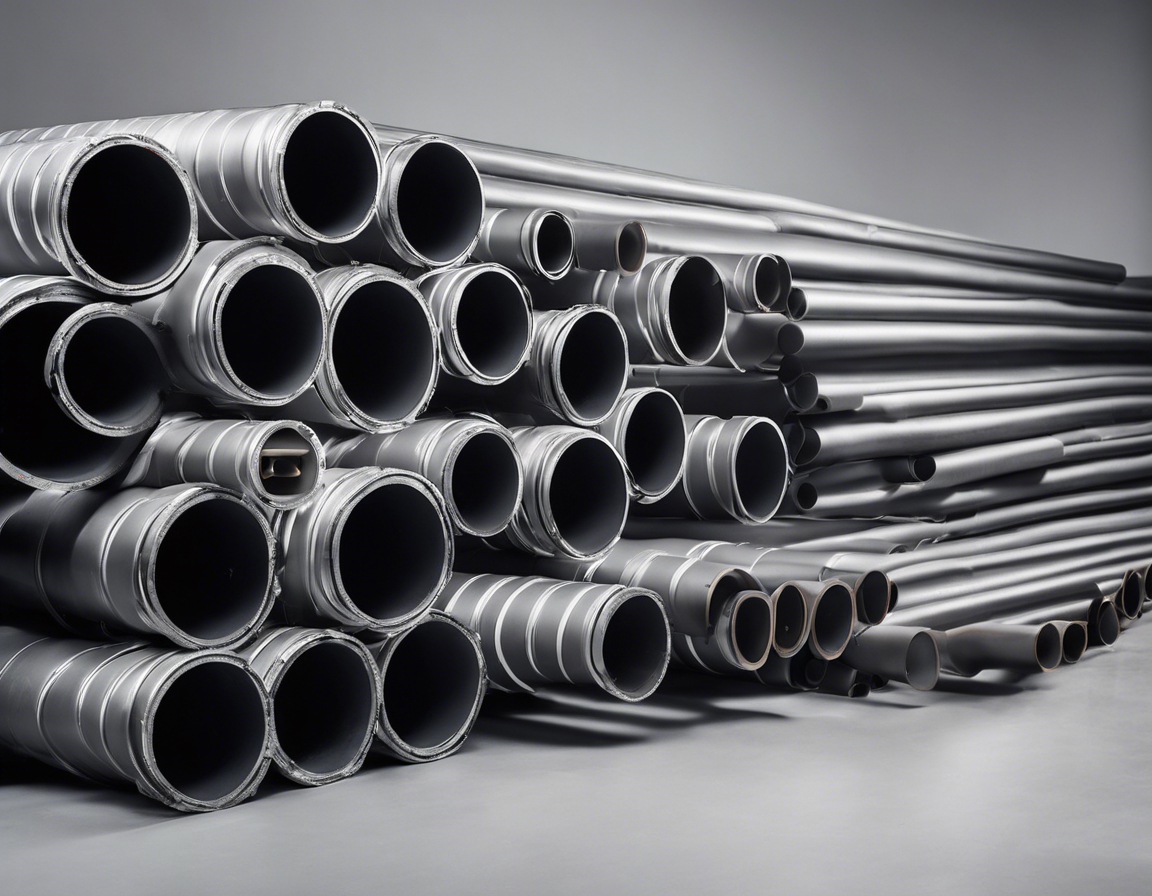Understanding demineralization and your pipelines
Demineralization is the process of removing mineral salts from water by using the ion exchange process. It is a critical step in water treatment to prevent scale formation, corrosion, and other issues that can affect the integrity and performance of pipelines.
For facility managers, property owners, and construction companies, demineralization is a key component in maintaining the health of pipelines. It ensures that water flowing through these systems is free from minerals that can cause blockages, reduce efficiency, and lead to costly repairs.
The Science Behind Demineralization
Water naturally contains dissolved minerals such as calcium, magnesium, and bicarbonates. These minerals can precipitate out of solution and form scale on the inner surfaces of pipelines, leading to a host of problems.
Mineral buildup can restrict water flow, increase pressure, and accelerate the wear and tear on pipeline components. This can result in decreased efficiency, higher energy consumption, and the potential for pipeline failure.
Methods of Demineralization
The ion exchange process involves exchanging the undesirable minerals in the water for non-precipitating ions. This is typically done using resin beads that are charged with sodium or hydrogen ions.
Reverse osmosis is a water purification process that uses a partially permeable membrane to remove ions, unwanted molecules, and larger particles from drinking water.
Electrodeionization combines ion exchange resins with ion-selective membranes and an electric current to remove ionized species from water.
Implementing Demineralization in Your Facility
Understanding the specific water chemistry and demineralization requirements of your facility is crucial for selecting the appropriate treatment system.
There are various demineralization systems available, and the choice depends on factors such as water quality, flow rate, and regulatory requirements.
Regular maintenance and monitoring are essential to ensure that demineralization systems operate effectively and continue to provide the desired water quality.
Benefits of Demineralization for Pipelines
By preventing scale and corrosion, demineralization can significantly extend the lifespan of pipelines.
Clean pipelines without mineral buildup ensure optimal flow rates and system efficiency.
Reducing the need for repairs and energy consumption, demineralization can lead to significant cost savings and a reduced environmental footprint.






Comments (0)